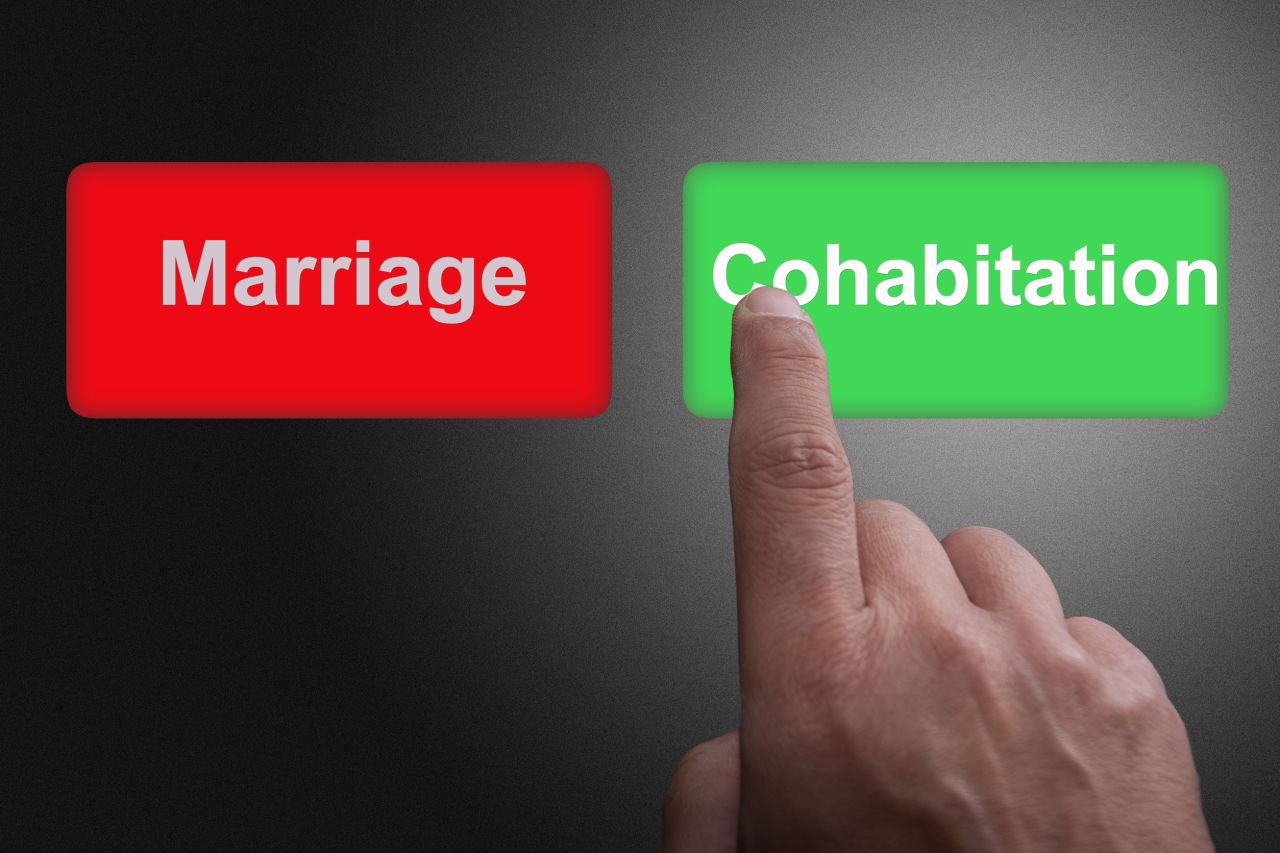S. Korea pushes to embrace cohabiting couples, non-traditional families
By Ock Hyun-juPublished : Jan. 26, 2021 - 12:21

South Korean government pushes to reform family-related laws to accommodate various types of familial and household structures such as cohabiting couples who are not married.
The Ministry of Gender Equality and Family laid out a basic plan for family policy on Sunday to be effective from 2021-2025, though revisions to related laws must pass through the parliament before they take effect.
The current civil law stipulates that a family involves direct family by blood, siblings, a spouse and the blood-related families of the spouse, which has been criticized for excluding unmarried, cohabiting unions, singles and single-parent households from family policies.
The ministry seeks to remove the clause in order to recognize non-traditional types of families and guarantee the same rights and protection for them as traditional families.
The move comes amid changes in societal perceptions about the definition of family in Korean society, even though married couples remain the most common household structure here and cohabitation without getting married still remains largely frowned upon.
According to a poll of 1,500 people conducted by the ministry last year, 69.7 percent of the respondents said that couples sharing livelihoods and homes should be considered a family even if they are not related by blood or marriage.
The same survey showed that 65.5 percent of the respondents were “accepting of men and women living together without getting married.”
A generational gap, however, was noticeable, with 85.1 percent of those in their 20s accepting the cohabitation while only 43 percent of those in their 70s being OK with it.
The ministry has devised the basic plan for family policy every five years since 2004 in pursuit of promoting equality within families and a work-life balance.
The 2021-25 plan centers on “creating an environment where all families are respected without being discriminated against and not excluded from state policies,” reflecting an increase in “family diversity,” according to Gender Equality Minister Chung Young-ai.
“We will expand community-based family services, and enhance policies for both men and women’s rights to work and take care of their children from the perspective of gender equality,” she said.
An online public hearing will be held at 2 p.m. on Tuesday at the Korean Women’s Development Institute to gather feedback on the ministry’s plan. It will be livestreamed on the institute’s YouTube channel.
By Ock Hyun-ju (laeticia.ock@heraldcorp.com)
-
Articles by Ock Hyun-ju


















![[KH Explains] Hyundai's full hybrid edge to pay off amid slow transition to pure EVs](http://res.heraldm.com/phpwas/restmb_idxmake.php?idx=652&simg=/content/image/2024/04/18/20240418050645_0.jpg&u=20240418181020)

![[Today’s K-pop] Zico drops snippet of collaboration with Jennie](http://res.heraldm.com/phpwas/restmb_idxmake.php?idx=642&simg=/content/image/2024/04/18/20240418050702_0.jpg&u=)